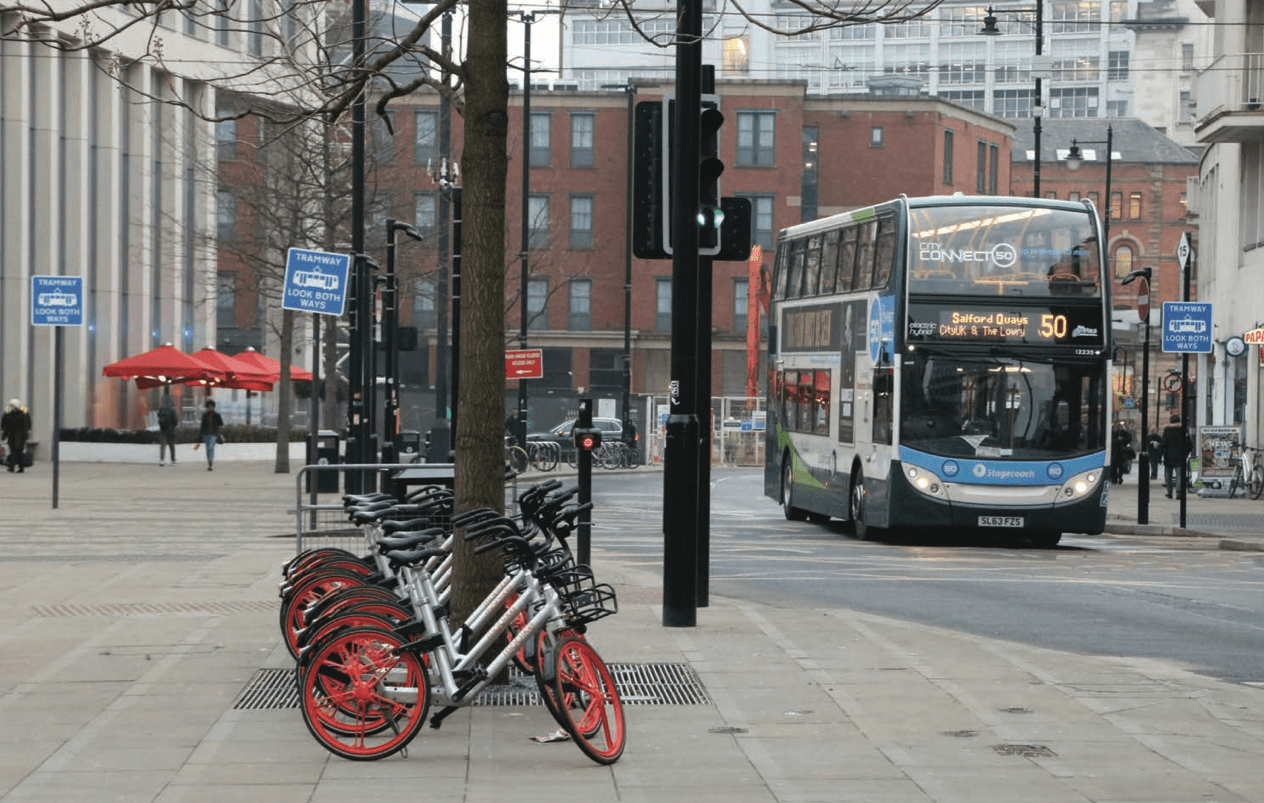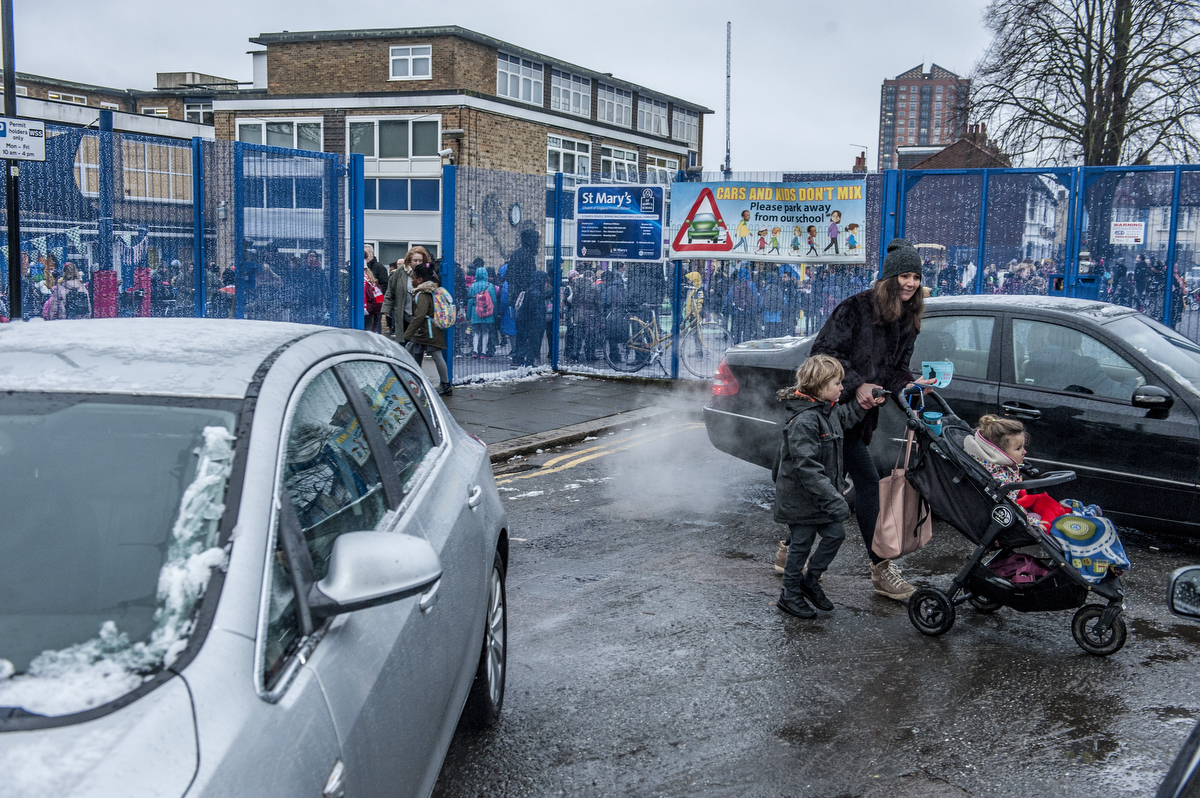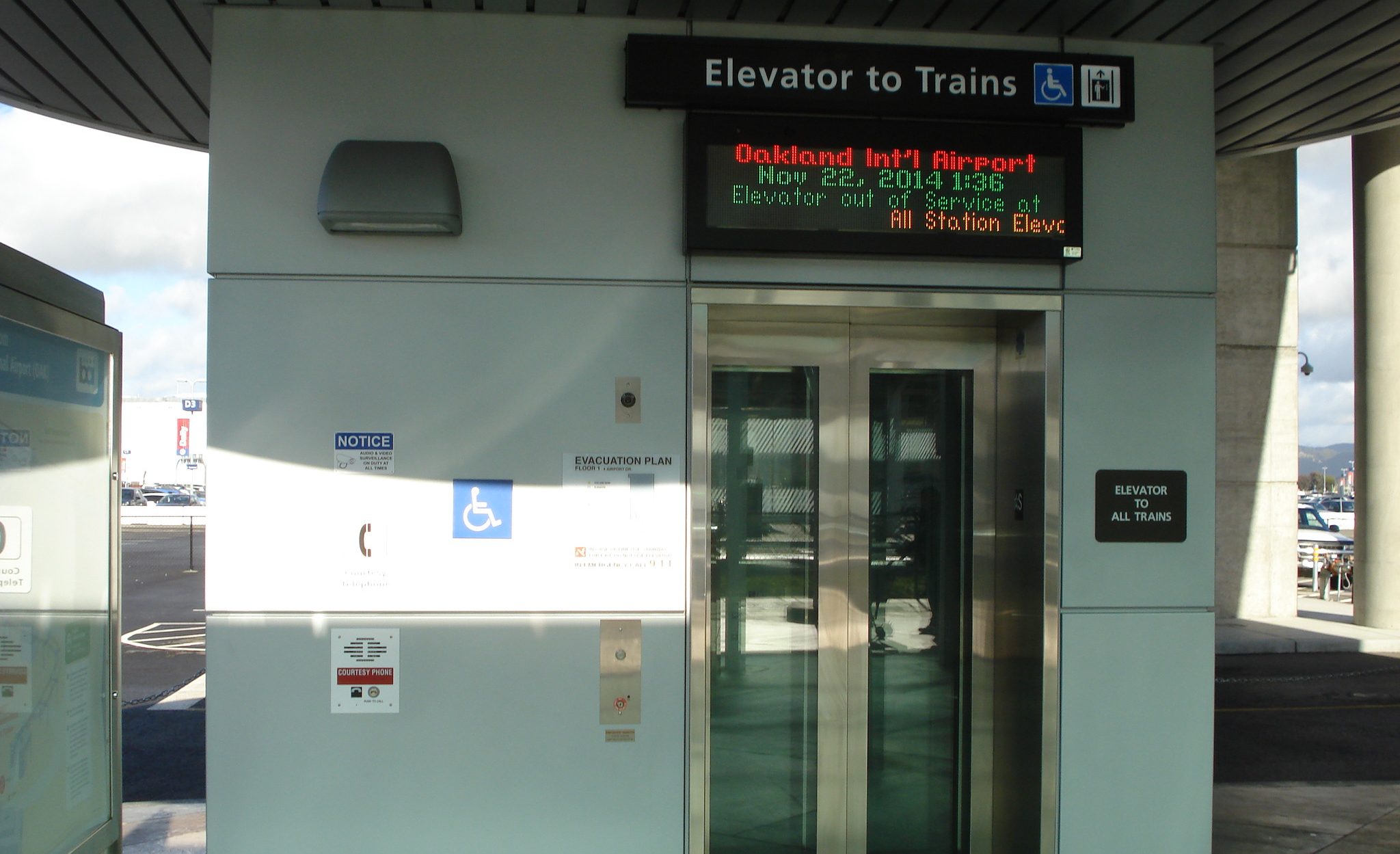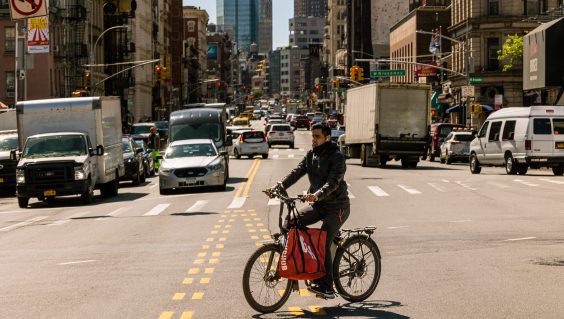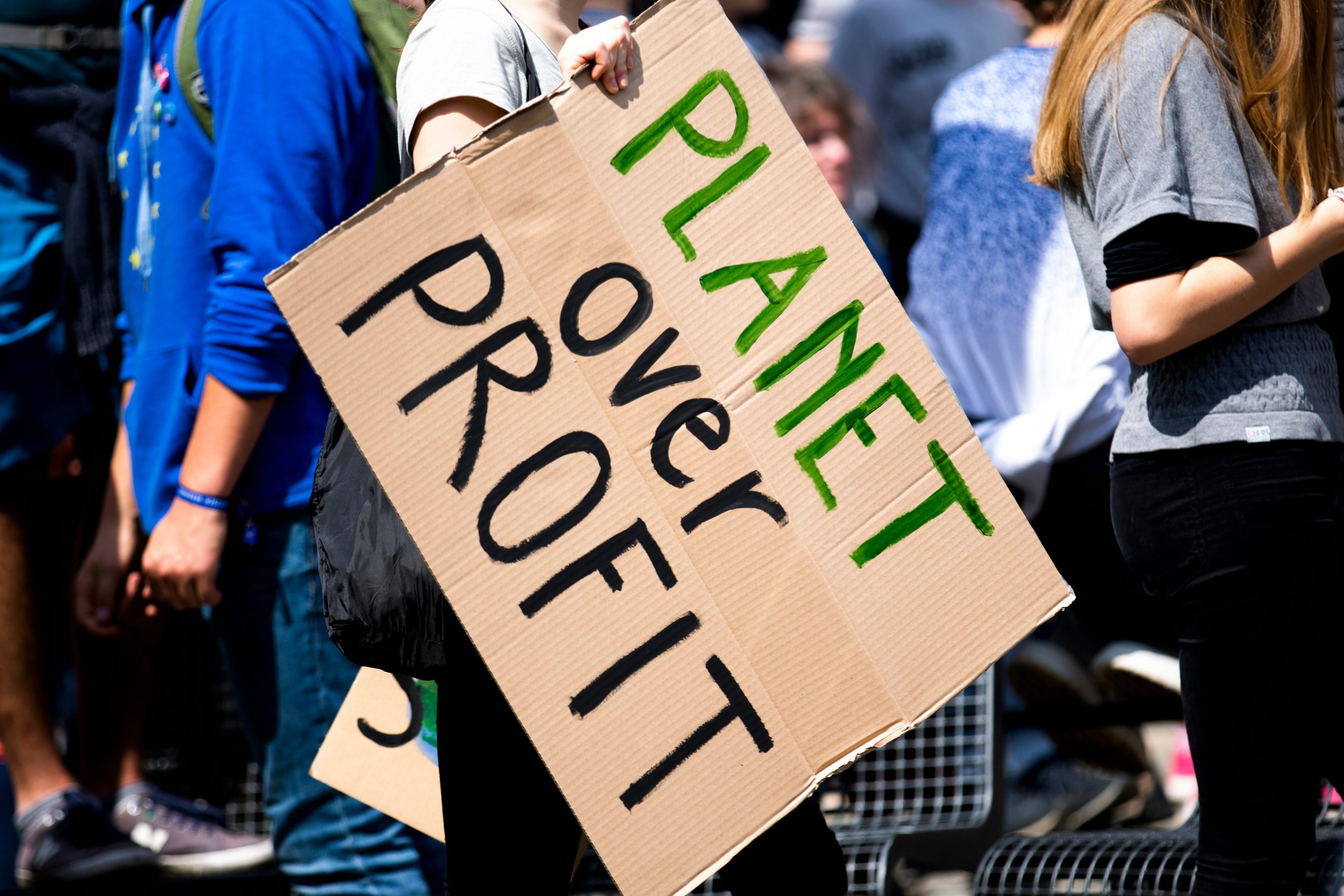There's a new wave of venture-financed dockless bike-share companies are knocking on the door of city halls across the U.S., offering to set up shop at no public cost. But just because the companies operate without subsidies doesn't mean city governments should stop looking out for the public interest.
While a successful bike-share system can generate momentum for bike infrastructure and other improvements, a bad bike-share roll out can undermine support for bike initiatives, warns the Institute for Transportation and Development Policy. To prevent a counterproductive backlash, ITDP lays out some thoughtful ground rules for cities with dockless bike-share in a new report.
Here's an overview of ITDP's recommendations.
1. Got more bikes? Set aside space for them.
In order to prevent bikes from being strewn in the path of pedestrians, cities need to set aside space for them.
Washington, DC, is considering on-street bike corrals, for instance, while Seattle has carved out space for dockless bike-share on the sidewalks.
Bike racks are pretty inexpensive to set up, and ITDP says cities can offset the cost through reasonable fees on bike-share operators. ITDP notes that rules to lock up bikes to a rack or pole have been shown to "substantially reduce instances of tipped-over bikes and bikes blocking rights-of-way and other public spaces."
Cities should also require bike-share operators to respond to complaints about misplaced bikes within a certain time period (ITDP recommends two hours), with fines for noncompliance.
2. Manage the size of the fleet
Bike-share works well when the bikes are ubiquitous and you never have to walk far to find one. But if bike-share fleets flood a city all at once, it can be overwhelming. That's what happened in Dallas, where complaints about misplaced bikes have become viral news fodder.
ITDP recommends phasing in dockless bike-share services like Seattle and DC have done, starting out with limits on the size of companies' fleets that rise over time. Cities have to be careful not to aim too low, however, or else the systems won't be useful.
3. Ensure equitable access to bikes
It's up to cities to ensure that bike-share operators make their services available in communities of color or low-income areas.
ITDP endorses standards like DC's, which caps the fleet in some neighborhoods while mandating a certain number of bikes in neighborhoods that have been identified as underserved.
Cities can also require a cash payment option for bike-share fares, which people can purchase at stores, in addition to the services' app-based payment systems. Some cities, such as San Francisco, go further and require operators to offer discount fares and waive the deposit for low-income people.
4. Require data on trips and bike maintenance
Cities can't evaluate dockless bike-share systems if the companies operating them aren't transparent with their data. Otherwise, there's no way to tell how much use the system is getting or whether the fleet is in good condition.
The companies are often reluctant to open up this data, saying it exposes information that competitors can exploit, but cities can and should insist on access to it.
"Cities should require operators to provide access to real-time data on the location of every operational bike via a publicly accessible application program interface (API) in a standardized format," ITDP writes.
5. Enforce safety standards
The quality of bikes and bike maintenance offered by dockless bike-share companies varies substantially. If the bikes are poorly made and the companies don't provide sufficient resources for repair, that can increase the risk of dangerously defective components like broken brakes.
All operators should have a process for users to report broken bikes, ITDP says, and cities should require bike-share fleets to meet international safety standards.
